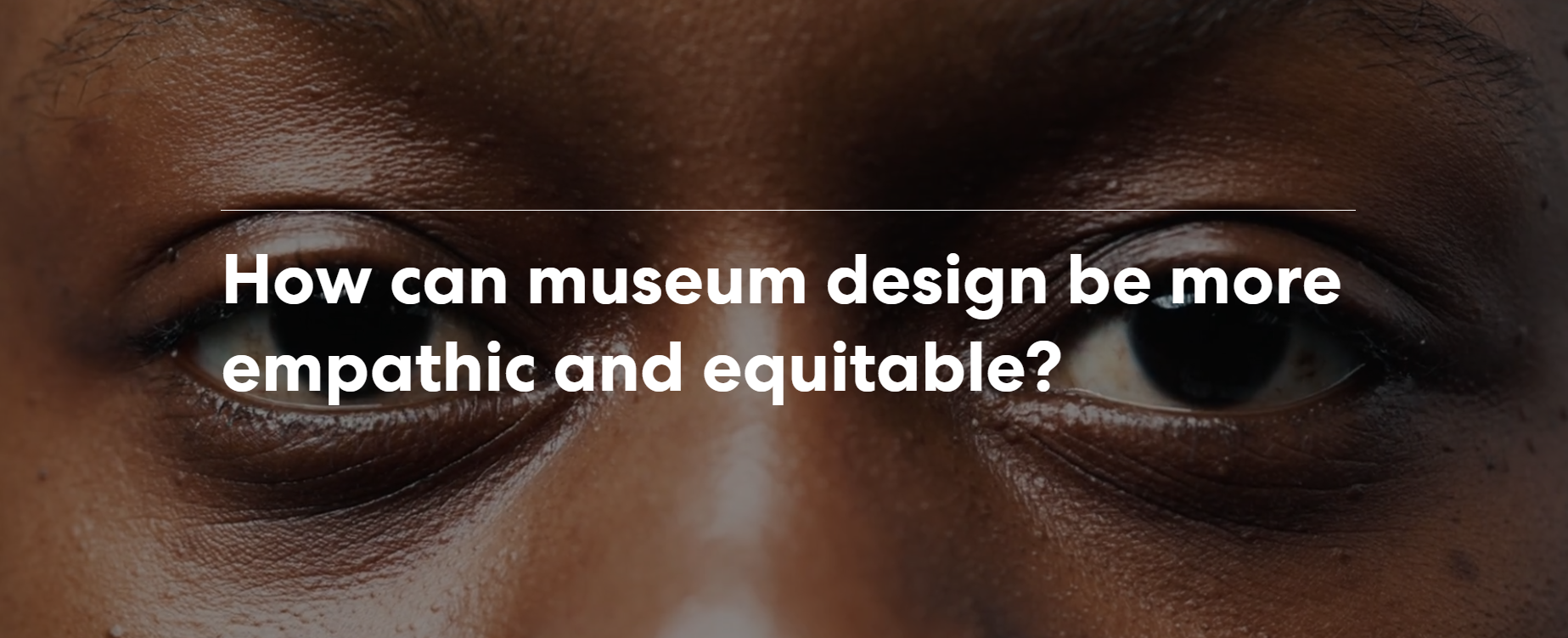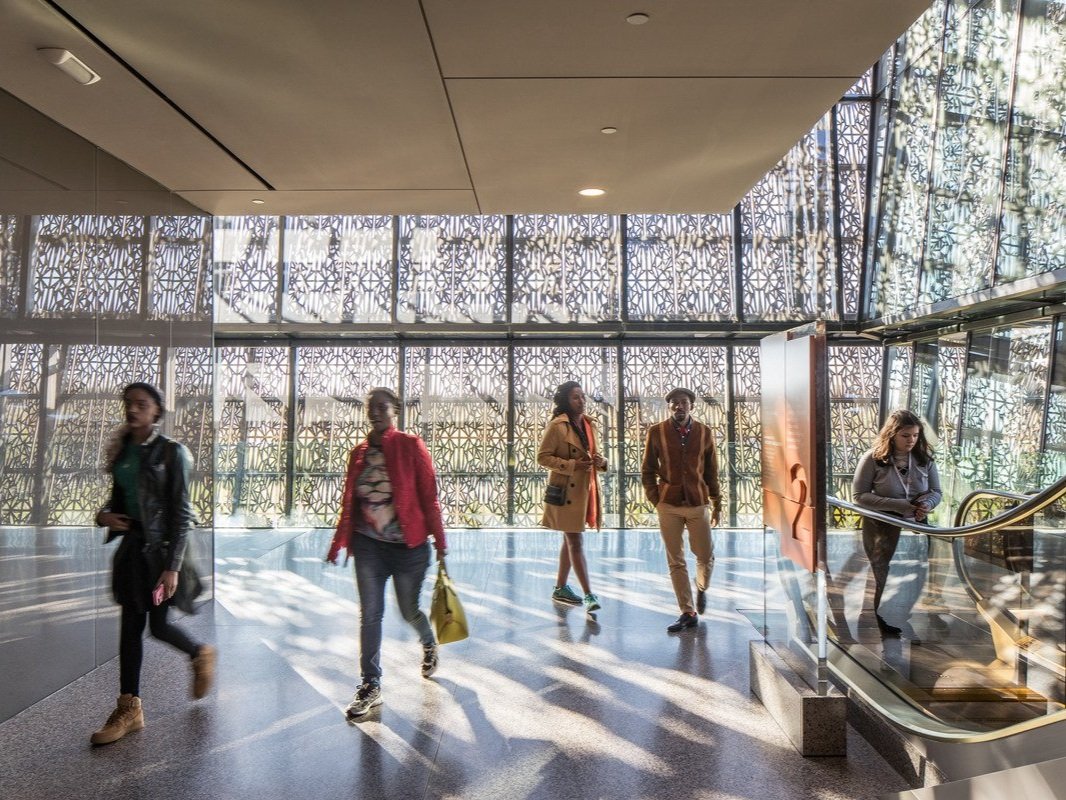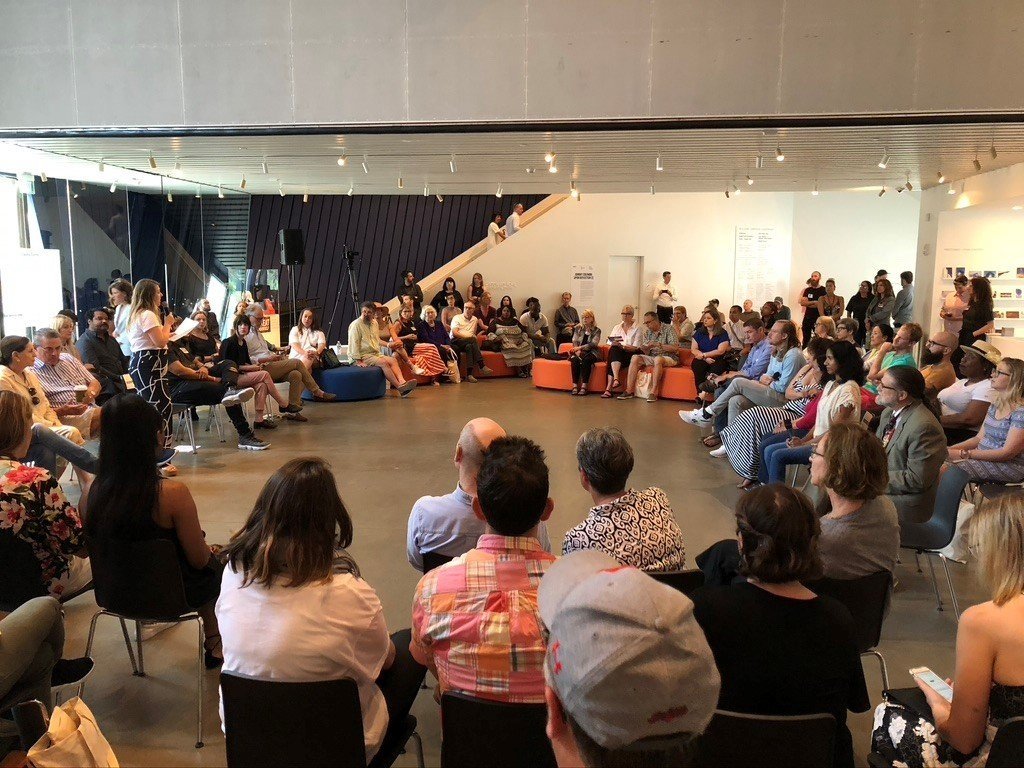

This theme ties together issues relating to the emotional dynamics of space: awareness of spatial histories and embodied trauma; using space as an act of reparations; spaces designed for social cohesion; awareness of emotional needs of visitors; awareness of threshold barriers; metaphors embedded in design; storytelling; the restorative value of nature.

This theme ties together issues relating to the social dynamics of space: challenging the typology of museums as hierarchical and authoritative; shifting from product to platform in order to dismantle hierarchies of consumptive culture; democratization of the ground floor; spatial solutions to community engagement; human centered design; libraries as non-judgmental spaces; culture as a vehicle for personal narrative and collective storytelling.

This theme introduces the political dynamics of space: consideration of culturally determined systems of production; reinvestment in communities; equity ownership; space as a resource for power redistribution; reimagining the value of time (past, present, future); space as a container for future needs; consumptive culture.